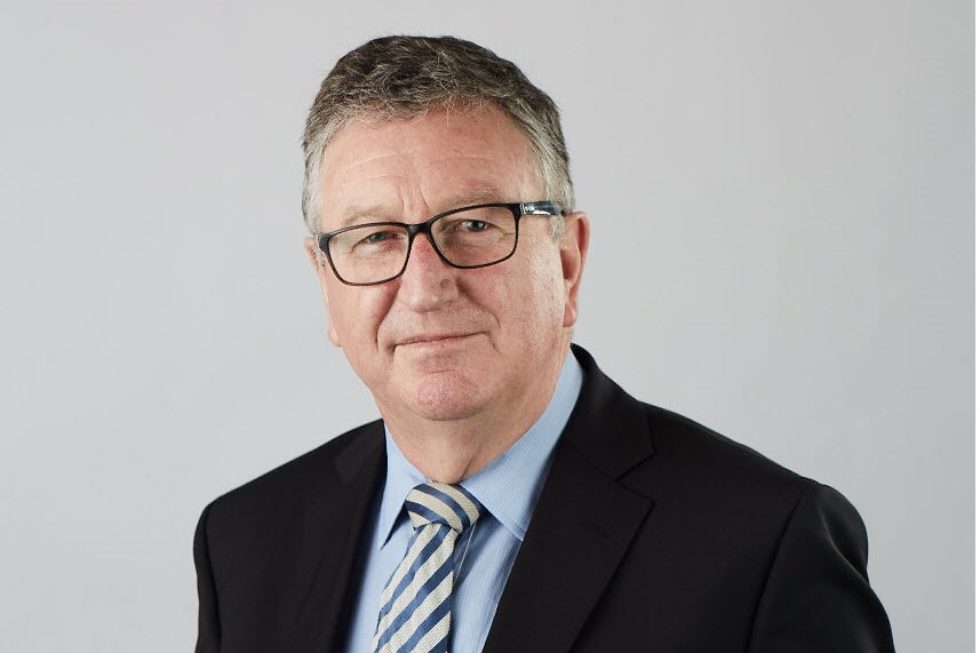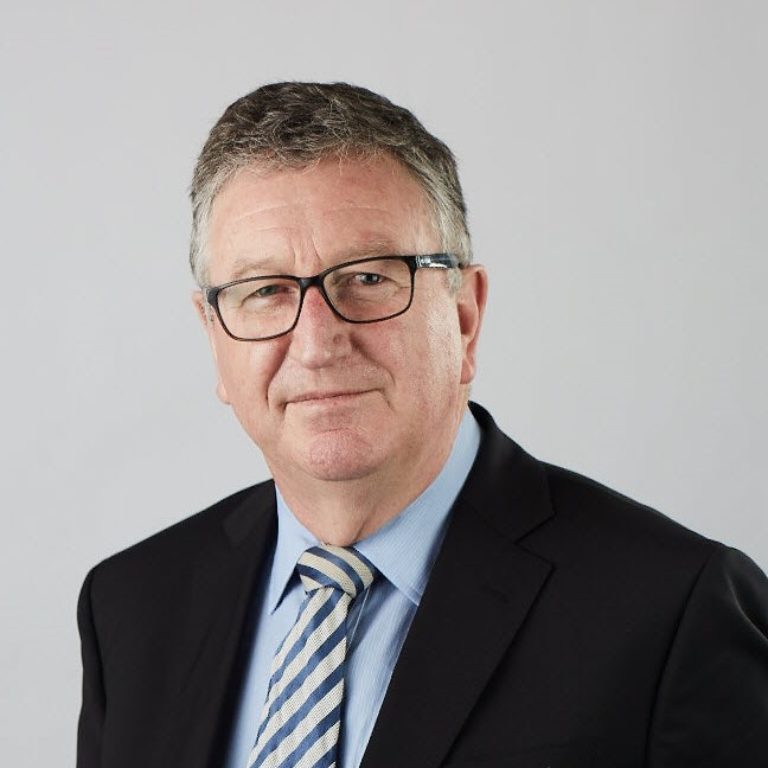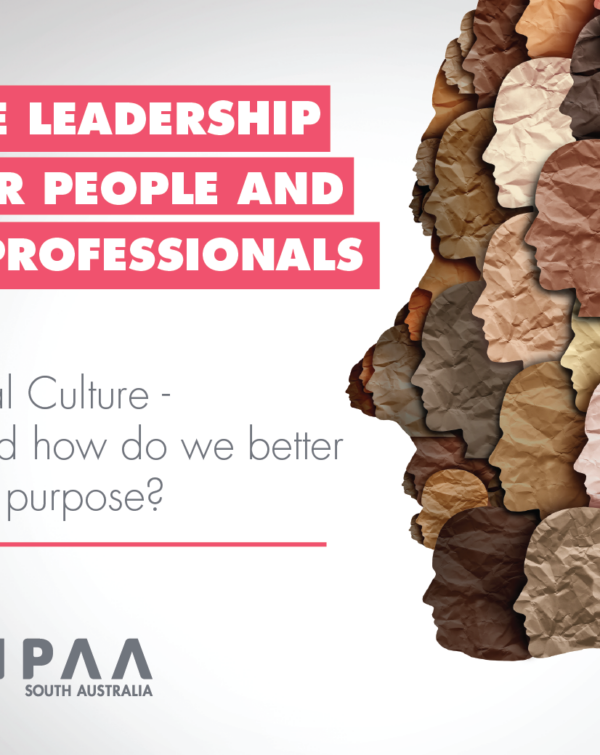
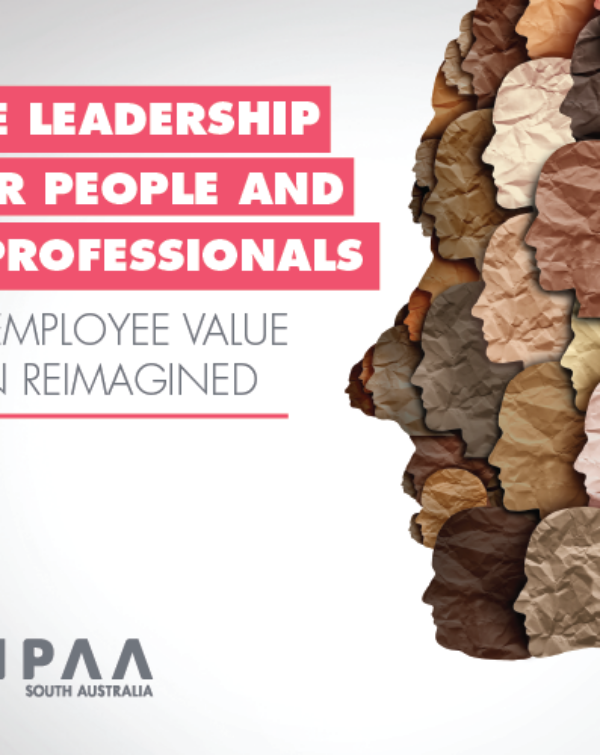
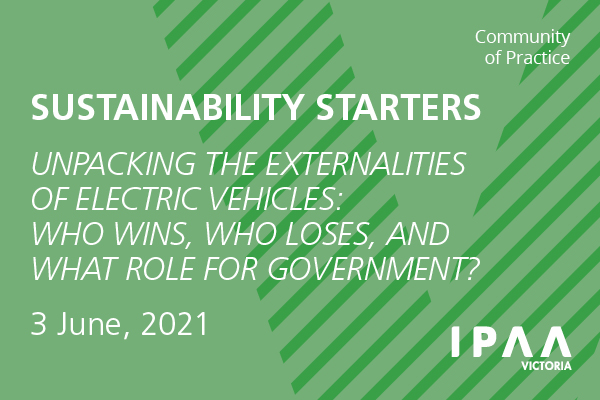
Indigenous Australians, while owning or managing almost 50 per cent of the continent, do not have a formal say over government policies that affect them.
In October 2019, the Minister for Indigenous Australians announced a co-design process for an Indigenous Voice to government and parliament. In January 2021, the Interim Report on Indigenous Voice was released for public comment.
In this webinar series, you can hear more about this particular process and to hear why the National Co-Design Group for Indigenous Voice believes Indigenous-led formal advice to government and parliament is important and necessary.
The webinar panellists also discussed how the Australian public can participate in the co-design process.
Dr Jackie Huggins AM and three of the members of the National Co-Design Group:
WATCH THE RECORDING (COMING SOON)
Both of these impact2021 webinars are free events presented by the Centre for Social Impact, in collaboration with Moondani Toombadool Centre and Swinburne University of Technology.
You are welcome to attend one or both of the live webinars, which will also be recorded.
These are unprecedented times and the upheaval to our society requires an extraordinary response from our leaders, our thinkers and our do-ers.
The Centre for Social Impact’s first webinar series impact2020, offered more than 45 webinars for the Australian for-purpose sector and covered a range of topic areas with our innovative researchers, educators, thought leaders and partners.
We covered the breadth and complexity of social impact and we brought our diverse Australian for-purpose sector together.
The webinar series lives on in impact2021 and we invite you to join, learn and affect change with us through monthly webinars in 2021.
Sign up for more info as we progressively announce our program and presenters in 2021.
Do you work to influence public policy in ways that lead to better outcomes for the community?
Have you ever worked with researchers or academics to support the use of evidence and research in the policy making process?
If you answered yes to these two questions, then we want to hear about your experiences and invite you to complete the survey by clicking on the link below.
https://research.unisa.edu.au/redcap/surveys/?s=39FEJ8DRTY
The survey will help the team from ‘Health Translation SA, SAHMRI’ learn about the attitudes towards and experiences with collaboration within and across the academic and policy-making communities.
We seek your expertise, experiences, and practice wisdom to understand the challenges and opportunities when working with researchers and /or policy actors for the purpose of policy development, implementation, and evaluation.
Findings from the survey will help to inform the development of strategies that foster and support collaborative relationships between the academic community and policy actors, and ultimately lead to better policy outcomes for the community.
The survey is confidential and will take about 10-15 minutes to complete.
Please feel free to forward the survey link to colleagues working in similar roles.



Thank you to everyone who took part in the latest IPAA SA survey, which asked respondents, ‘What are the Opportunities for 2021?’. Below we highlight some of the responses from this survey – sharing a sunny outlook for 2021.
How positive do you feel about 2021 as a year of change and opportunity?
On average, respondents felt quite positively about 2021, providing a 64% confidence rating that 2021 would bring about opportunities for change and growth.
Many respondents felt that this sense of confidence came from the public sector’s demonstrated capability to band together and overcome tough challenges and that 2020 was a prime example of the public sector working at its best.
Has COVID-19 affected your career priorities and goals for the future?
92% of respondents shared that their career priorities and goals have changed in the wake of COVID-19, with many taking the opportunity to think about positive changes to work-life balance. Many have found a renewed sense of purpose in the work they are doing within the sector and hope to see positive changes to work culture continue.
What do you think will be the key opportunities for the SA public Sector in 2021?
82% of respondents agreed that ‘exploring the “future of work” and how the workplace has rapidly changed’ will be a key opportunity for the sector to explore. It was proven that the sector can work rapidly and adaptively to make large-scale changes to seemingly long-ingrained practices almost overnight. Respondents are eager to not lose this heightened responsiveness as we enter the ‘new normal’.
Putting a renewed focus on mental health and support was also noted by 67% of respondents to be an opportunity for this year and beyond as we look to new ways to support mental health and wellbeing in the workplace.
What can IPAA SA do to support you in 2021?
Respondents are eager for IPAA SA to help them explore the “post-COVID world” and to examine what the future of public service will look like in 2021 and beyond. From us, at IPAA SA, we can say that “we hear you loud and clear”, we look forward to bringing you new opportunities to engage in events and resources that will support you in this area.
It was also shared by respondents that many would benefit from being able to access on-demand live training from IPAA SA. Hearing from respondents located regionally, we understand that this can often feel isolating, and we look forward to using new virtual capabilities to engage you in IPAA learning, no matter where you are located.
If you have any comments you would like to add or if you have ideas on how IPAA SA can support you, please contact us.
If there was one positive to take from the impact of COVID-19, it was the marked decrease in emissions and pollution, as industry around the world ground to a halt. However, as these industries ramp back up into production scientists are observing a return to pre-COVID ways.
Many are calling on the pandemic as a wakeup call to further reduce our environmental impact, with some experts now fearing an increased focus on economic recovery will push environmental concerns to the back burner.
“How do you get that economic, environmental, and socials equation around sustainability working for us?” – Chief Executive, Environment Protection Authority SA, Tony Circelli
As we continue into the recovery phase of COVID-19 there will undoubtedly be opportunities for policy makers around the world to tap into the experience of the pandemic. Many scientists continue to highlight environmental change as the major crisis for this century. The lessons we have learnt from the COVID-19 crisis will put us in good stead to use our new experience and knowledge to make big positive changes and make them stick.
https://www.science.org.au/curious/earth-environment/what-impact-will-covid-19-have-environment
https://pursuit.unimelb.edu.au/articles/covid-19-is-an-opportunity-to-reset-our-environmental-future
https://sa.ipaa.org.au/events/virtual-on-the-couch-with-tony-circelli/
Expand your learning with IPAA SA professional development…
Leading and Managing Change (face-to-face) – 15 October
Building a Constructive Culture (online) – 16 October
Critical Thinking and Problem Solving (face-to-face) – 2 November
Positive Psychology PERMA+ – 5 November
Maintaining Positive Focus in Changing Environments (face-to-face) – 17 November
Erma Ranieri FIPAA, South Australia’s Commissioner for Public Sector Employment and IPAA SA President, joined IPAA ACT in the latest episode of their ‘Work with Purpose: A National Perspective’ podcast. In this interview Dr Gordon de Brouwer PSM FIPAA, IPAA National President, discussed the COVID-19 pandemic in South Australia.
“The clear message at the end of the day was that you keep talking to people”.
As highlighted by Commissioner Ranieri, while the pandemic presented a series of challenges it also showcased the real capability of the South Australian public sector.
“The innovation and resilience of the public sector were on display during this time, as they worked to support and collaborate with SA Health, SAPOL and other agencies to mobilise the sector to meet the unique needs of the pandemic. As the Mobilisation Coordinator, Commissioner Ranieri noted that this played a key role in the agile response to the pandemic.
“We have connected more than we have ever connected before”.
“COVID has shown what is possible within the public service”.
COVID-19 has also brought about a change to the existing paradigm for leadership and performance management in the workforce. The Commissioner is encouraged to see great outcomes in flexible work arrangements which are “reshaping the workforce to be more adaptable and diverse”. Commissioner Ranieri’s office and IPAA SA will continue to focus on fostering the skills and capabilities leaders need to adapt to this rapid shift in the workplace.
The Commissioner also highlighted the importance of awareness of mental health and wellbeing and the materials available to help leaders and employees to manage the COVID-19 pandemic:
The Office of the Commissioner for Public Sector Employment continues to work with agencies to implement a peer support program and develop an online training program for new peer support officers to build on the existing skills of employees trained in mental health first aid.
The COVID-19 Mental Wellbeing Interview Series, also offers valuable new resources for those working in the public service, with advice and tips from experts in the field
– COVID-19 Mental Wellbeing Interview Series with Forensic Psychologist, Luke Broomhall
– COVID-19 Mental Wellbeing Interview Series with Chief Psychiatrist, SA Health, Dr John Brayley
– Virtual on the Couch with Commissioner Erma Ranieri
– All Virtual on the Couch interviews
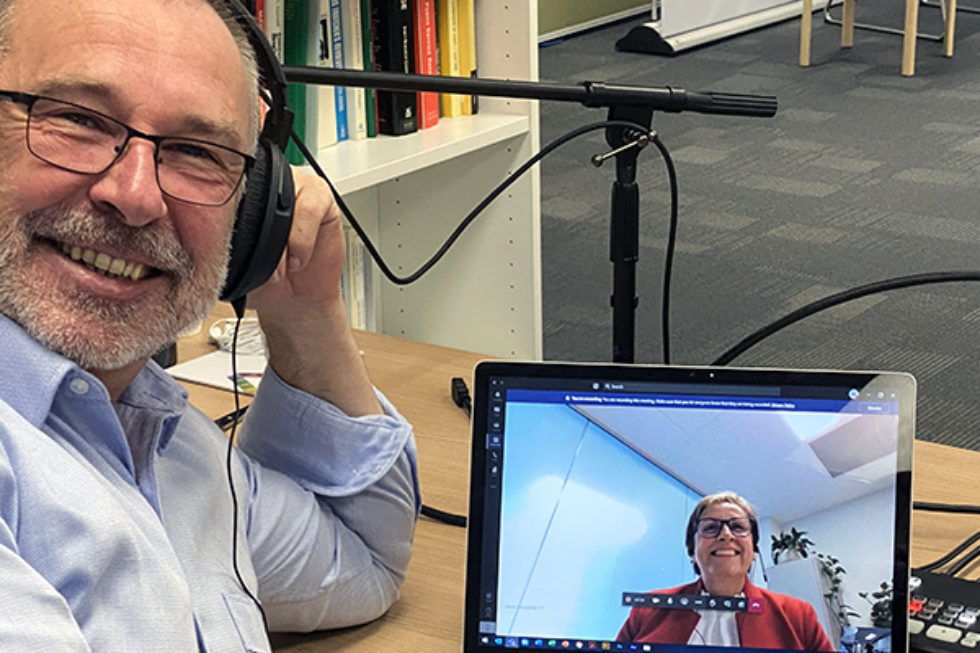
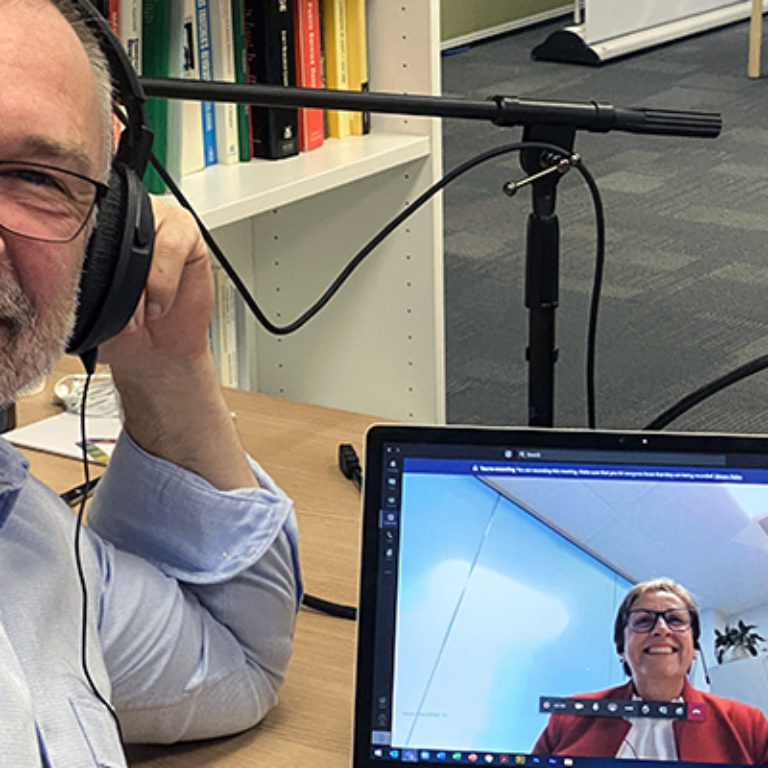
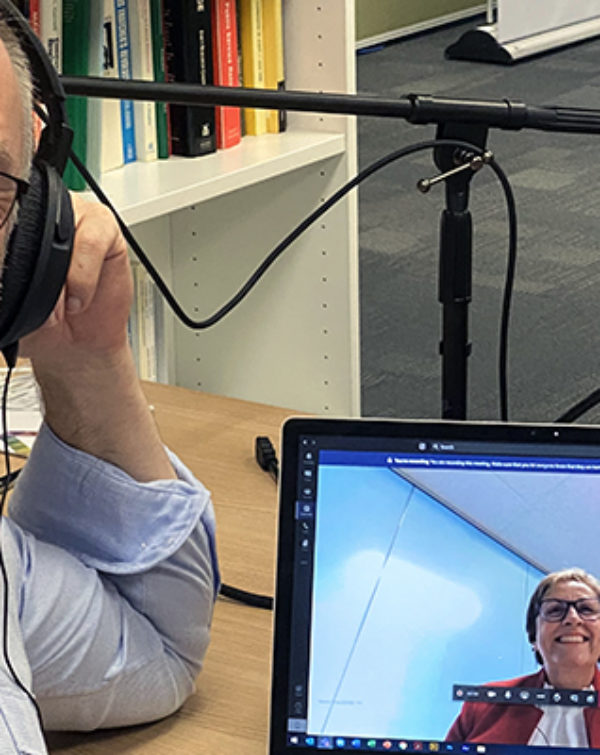
The work of a team of researchers from Edith Cowan University on innovative work behaviour in the public sector has been published in the March 2020 Issue of the Australian Journal of Public Administration.
Successive Australian governments have placed a high importance on innovation since the mid-2000s. However, the majority of research on organisational innovation is from the United States and Europe (see, for instance, the work of Anderson, Potočnik and Zhou, 2014). This new research by Dr Yuliani Suseno, Professor Craig Standing, Associate Professor Denise Gengatharen and Dr Diep Nguyen from the School of Business and Law at Edith Cowan University, helps correct this imbalance through the study of a large Australian public sector organisation.
Innovation work behaviour has been defined as the ‘behaviour directed towards the initiation and application… of new and useful ideas, processes, products or procedures’ (see De Jong and Den Hartog, 2007).
It has further been described by Scott and Bruce (1994) as a three-stage process:
READ THE FULL ARTICLE AND ACCESS THE RESEARCH PAPERS THROUGH THE IPAA NATIONAL WEBSITE
A new initiative to bridge the gap between the research work of academics and the policy work of public servants was announced yesterday by ANZSOG Dean and CEO Ken Smith who said that public sector leaders needed access to research evidence when developing policy.
‘In these times of uncertainty, evidence-based policy and decision-making are more vital than ever.’
‘However, too often researchers lament that the public service ignores their work, while public servants say academic research is not timely or applied to their day-to-day challenges. The Bridge will make vital research available in an accessible format.’
The Bridge is distributed by ANZSOG each fortnight by email. It centres around a Research Brief which distills academic research into an easy-to-read format and will be complemented by other insights into public policy and management.
The Bridge is compiled and curated by Maria Katsonis — a former senior Victorian public servant with more than 20 years’ experience, who is now a Public Policy Fellow at the University of Melbourne. She was previously the curator of The Drop — a joint project between ANZSOG and The Mandarin. Maria is also one of the editors of the Australian Journal of Public Administration.
Anyone interested in reading The Bridge can subscribe to it on the ANSZOG website.
To learn more about other opportunities and resources you can also visit the IPAA National website.
Pictured: Professor Ken Smith, ANZSOG Dean and CEO
